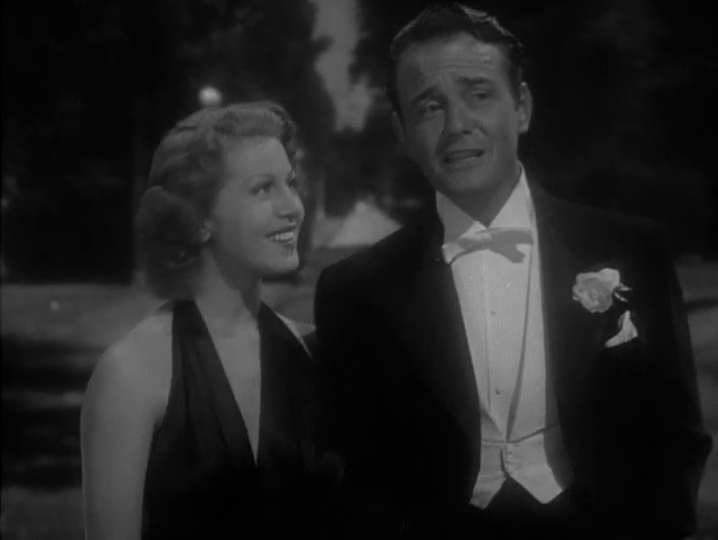 |
| Robert clacks away at that keyboard |
THE DYING GAUL (2005). Director: Craig Lucas. Screenplay by Craig Lucas from his play.
"
You can do anything that you want as long as you don't call it what it is."
Robert (Peter Sarsgaard), a struggling screenwriter, is inexplicably offered a million dollars for his script called
The Dying Gaul, even though the producer, Jeffrey (Campbell Scott), thinks he should rewrite the gay lead characters as a straight couple. Robert takes the money, and doesn't exactly put up much resistance when the closeted "bisexual" Jeffrey comes on to him. Before long the two have entered into an affair behind the back of Jeffrey's wife, Elaine (Patricia Clarkson of
Carrie). Elaine, intrigued by Robert, enters a gay web site to chat with him, and then creates a phony identity with which to send him texts and emails, pretending to be his dead lover. Then things get even more warped ...
The Dying Gaul has a lot of problems, not the least of which is that Hitchcock himself would have trouble wringing drama out of a movie in which characters seem to spend most of the time clacking away at their keyboards; in fact the movie becomes tedious after awhile. However, the three leads all give good performances, although Sarsgaard's [
Blue Jasmine] stereotypical "queeniness" seems to come and go like a bad accent. One scene when he starts crying when he and Jeffrey are having sex borders on camp. An even bigger problem with the movie is that these are not likable people, and the ending makes one of them, no matter how justifiably angry, seem almost psychotic. Lucas could have taken this premise, as contrived as it is, and said something about a lot of things, but this muddled movie doesn't really seem to be saying anything about anything. On the stage, this may have worked, but presented all too literally on the screen it just doesn't.
Verdict: There are times when this almost seems homophobic! **.



 THE WALKER (2007). Writer/director: Paul Schrader.
THE WALKER (2007). Writer/director: Paul Schrader.

















